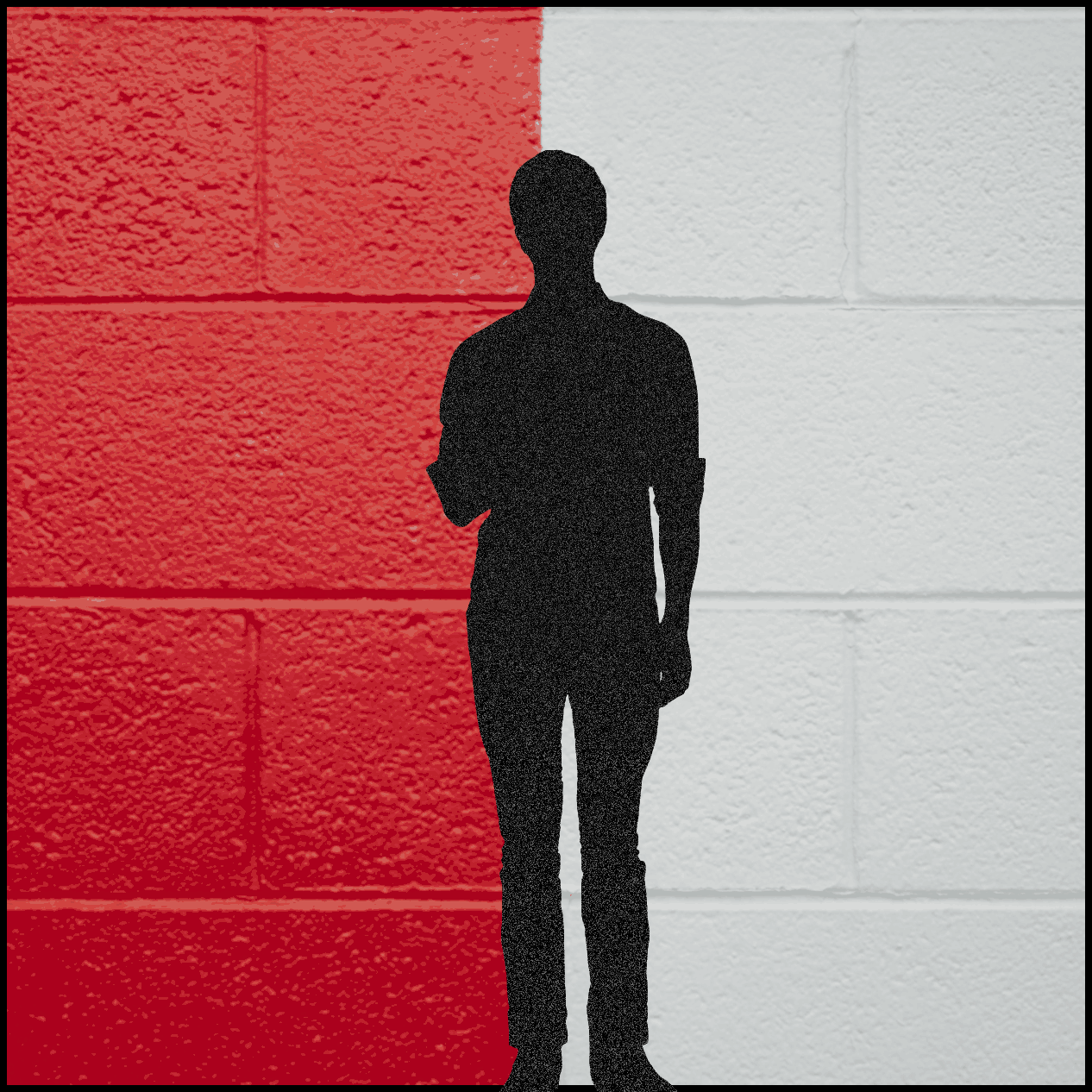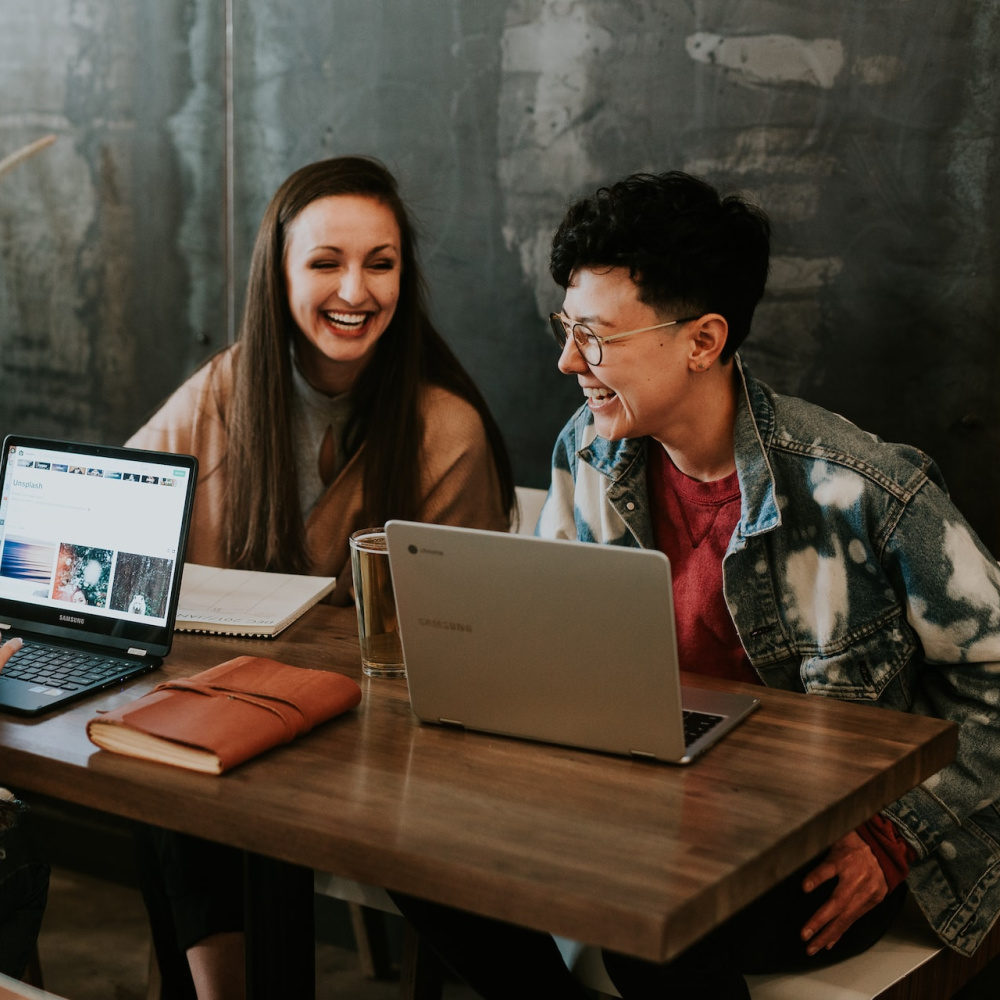-Mary Oliver, The Summer Day
We’ll get through this. Although scary and definitely hard, serious steps are being taken to mitigate the virus. Most people are avoiding the virus. Most people tested don’t have COVID-19. And most people who get the virus, get better.
Yes, we should continue to be cautious and mindful of physical distancing (not just social distancing) to avoid illness—and to diligently quarantine those who get sick.
Yes, we should rally to support those assisting on our front-lines at the hospitals and grocery stories—all of whom are higher risk.
And yes, we should pray for those suffering with the illness—and lift up the hearts of the many grappling with fear and anxiety about both the pandemic, and the aftershocks of painful job losses all around us. Whatever relief a stimulus check will provide for many Americans, there are literally billions around the world—including millions of undocumented immigrants the U.S.—who will receive virtually no assistance, and for whom this could drastically impact whether they even have food on the table.
How to best assist the many grappling over these questions of survival should continue to be a top priority. And both faith and civic leaders have been leading the way in precisely this. Thanks, in part, to the steadiness of their leadership, I believe we’ll get through this.
But who will we be as individuals or a people on the other side of this all? That’s the question we’re talking much less about. Are we mostly trying to survive and get through this so we can “get back to normal”? And are the main lessons of this period primarily the importance of physical distancing and hand-washing, or is there something deeper we should be taking away from the experience?
In an early update during his quarantine period, Utah Jazz guard Donovan Mitchell reported, “I’m solo in here playing video games all day and can’t wait to get back.”
Who will we be as a people after COVID-19 passes from our immediate attention?
No one could blame this young baller for burning off some of the heightened tension in video games for a few days. We’re all familiar with the strange comfort of Zoning Out to some kind of media, especially now— as attested to by unprecedented levels of internet traffic (however bare the normal roads) even to the point of emergency measures to prevent online paralysis.
Let’s give ourselves a break: avoidance is not only often relieving, it’s also healthy in moderation and can even be essential. The same thing cannot be said about constant distraction—or certain kinds of avoidance. For instance, traffic to porn sites has increased all around the world in recent weeks. Marijuanna sales have increased. And online orders for in-home liquor deliveries have also spiked—with many quick to stock up on home supplies of booze as the crisis began.
Cut off from some of our many usual sources of entertainment—sports fans, how are you coping?—the hunger for some kind of replacement is not surprising. When alcoholics first get their drinking under control, it’s common to see a surge of other kinds of compulsive patterns—some other way to manage.
If not relieved in some way, a compulsive need for comfort will often find another way.
However understandable various coping methods might be for any of us, the rippling effects are often undeniably not good. For instance, more alcohol consumed at home may help fuel some of the increase in domestic violence being reported during this pandemic, as James Morris of South Bank London University’s center for addictive behaviors cautioned last week. And spikes in anxiety and despair are also evident all around us.
Is all of this what the pandemic will mean for our lives—heightened emotional distress, a further deterioration of relationships at home, and creative efforts to swap one compulsion for more of another?
As evident in other, more hopeful examples all around us, we can do better than this. And whatever else we must do to “get through this,” there are many deeper things this might also invoke in our lives.
Throughout sacred writ, times of pestilence and plague were turning points in history. Yet, like with famine and war, we can be quick to interpret these as angry punishment from the divine. That kind of superficial reading, however, overlooks the constant pleas and outstretched hands of a God who pleads for His people to remember, “I have engraved you on the palms of my hands.”
Even the allowance of a shaking threat of real destruction can be understood to often arise from an earnest desire for a people to be “stirred up unto repentance.”
Will that happen for America in the months ahead? Warnings from scripture highlight our stubborn tendency as humans in the other direction. In a graphic scene of the latter days when people would be grappling with intense pain caused by a curse they brought upon themselves, John envisions that people “cursed the name of God, who had control over these plagues, but they refused to repent and glorify Him.”
Once again, that unfortunately seems to be the pattern too often over much of human history—a refusal to change, no matter what. John furthermore sees that even after the plague: “The rest of the men which were not killed by these plagues yet repented not of the works of their hands, that they should not worship devils, and idols of gold, and silver, and brass, and stone, and of wood: which neither can see, nor hear, nor walk.”
Although that will likely be true of many Americans ready to “get back to normal life,” this has also been a wake-up call for many who feel a fresh willingness to make new adjustments in their lives.
Rather than allowing the stress to erode even more precious relationships, some are doing the reverse: holding family close and reaffirming the importance of their commitments and bonds together. And rather than locking ourselves down even more in addictive-compulsive patterns, some are taking this opportunity to shake off even more the chains that bind them.
And while we might welcome news of additional medical interventions developed in a future day to save lives, we might also focus in on the many various, well-established ways we can act to boost immunity today—without waiting on anyone else. These personal lifestyle decisions have received remarkably little attention in recent weeks—especially in comparison to vaccination trials or new drugs being developed.
However “easier” it may feel to keep waiting, scrolling news, watching—it can be incredibly powerful to start moving on life changes we’ve all known we need to make.
Indeed, in the same moment some are taking this lock-down as an inconvenient excuse to indulge even more, others are doing just this—seeing this as an inspired reminder to move in a better direction and reconnect with what is most important in their lives.
What will your choice be? And who will we be as a people after COVID-19 passes from our immediate attention?
Could this help us wake-up to better days, more peaceful days, and sweeter times as families and communities?
We already know we’ll be more in debt and more unemployed as a people. However tuned and exercised our stretched pandemic response will be, our financial situation will undoubtedly remain more precarious for the foreseeable future.
Will our mental, emotional, and spiritual situation also be more precarious in the days ahead? Will we leave this period even more digitally and chemically addicted than we were before? And even more strained in our relationships to each other?
Or less? Could this help us wake-up to better days, more peaceful days, and sweeter times as families and communities?
That will depend on us. Not just washing hands—and keeping physical distance. But also reaching deep for the bigger lessons in this all.
“Tell me, what is it you plan to do with this one wild and precious life?”
God help us to find in ourselves—and through His grace—the strength to make some crucial adjustments as individuals, families and communities in these precious days, hours, and minutes that lie ahead of us.
















